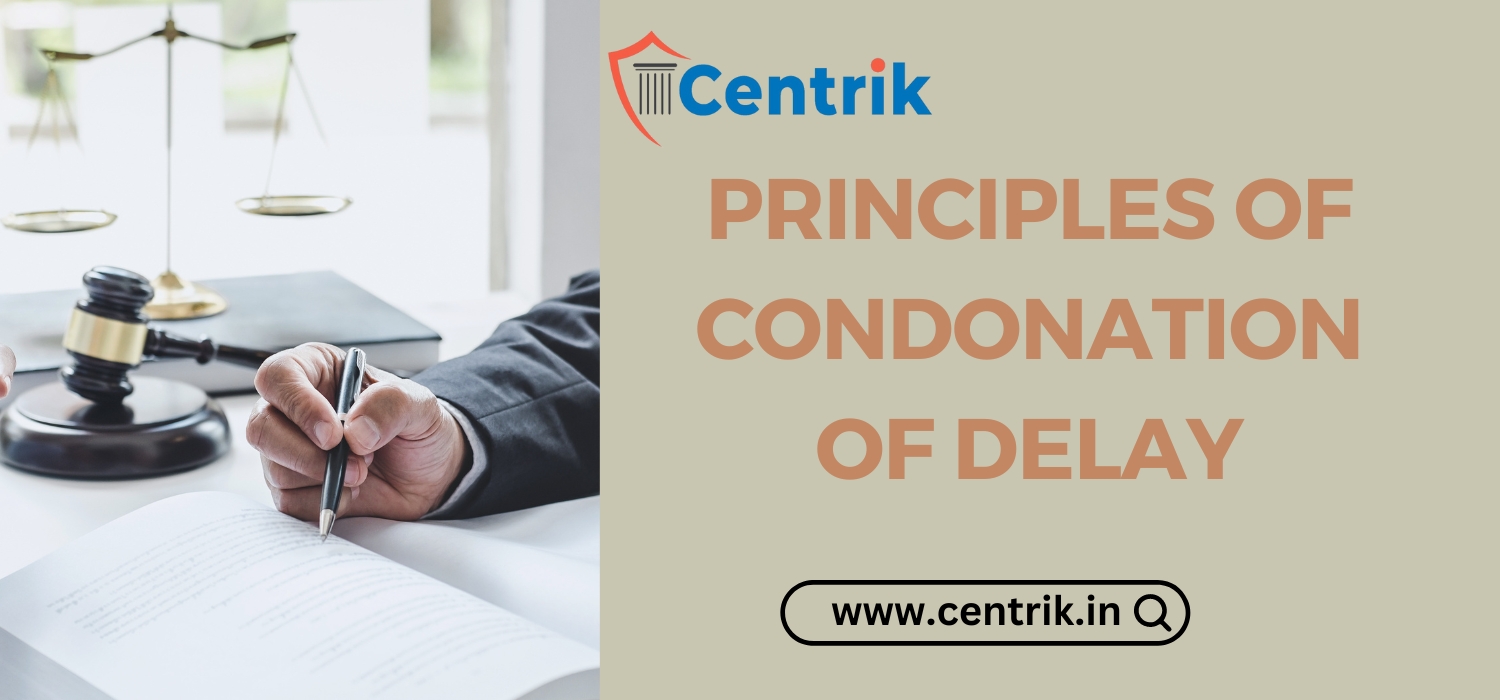
In the legal domain, the concept of condonation of delay is of notable importance, as highlighted by the Supreme Court of India in the case of “Pathapati Subba Reddy (Deceased) By L.R. & Ors Vs Special Deputy Collector (LA).” The court’s explanation clarifies essential principles related to the law of limitation and the discretion applied in excusing delays.
Fundamentally, the law of limitation is based on public policy, stressing the need to resolve litigations within a set timeframe. This principle embodies the maxim “interest reipublicae ut sit finis litium,” emphasizing the societal benefit of concluding legal proceedings promptly.
The Supreme Court’s analysis highlights several crucial points:
- Foundations in Public Policy: The law of limitation is rooted in public policy, aiming to ensure the finality of legal proceedings. The maxim “interest reipublicae ut sit finis litium” highlights the public interest in resolving disputes conclusively within a reasonable period.
- Mandatory Nature of Limitation Laws: Section 3 of the Limitation Act strictly requires the dismissal of suits, appeals, or applications filed after the specified period. This provision underscores the necessity of adhering to statutory deadlines.
- Discretionary Power to Condone Delay: While Section 3 imposes a strict rule, Section 5 grants courts discretionary power to consider appeals filed after the limitation period, provided there is sufficient cause. However, this discretion is limited by factors such as negligence, diligence, and other relevant considerations.
- Balance of Justice and Substantive Law: The court highlights the need to balance substantial justice with the enforcement of statutory limitations. While a liberal approach is preferred in interpreting “sufficient cause” under Section 5, it should not compromise the substantive law of limitation outlined in Section 3.
- Independence from Case Merits: The decision to condone delay is independent of the case’s merits. Courts focus solely on the reasons for the delay and whether the cause presented is adequate.
- Exercise of Judicial Discretion: Courts apply their discretionary power carefully, thoroughly examining the facts and circumstances of each case. Negligence, lack of diligence, or other lapses by the litigant may prevent the condonation of delay, even if sufficient cause is shown.
Conclusion:
In summary, the Supreme Court’s explanation of the principles of condonation of delay underscores the critical importance of timely legal action in Indian jurisprudence.




 join For Updates
join For Updates